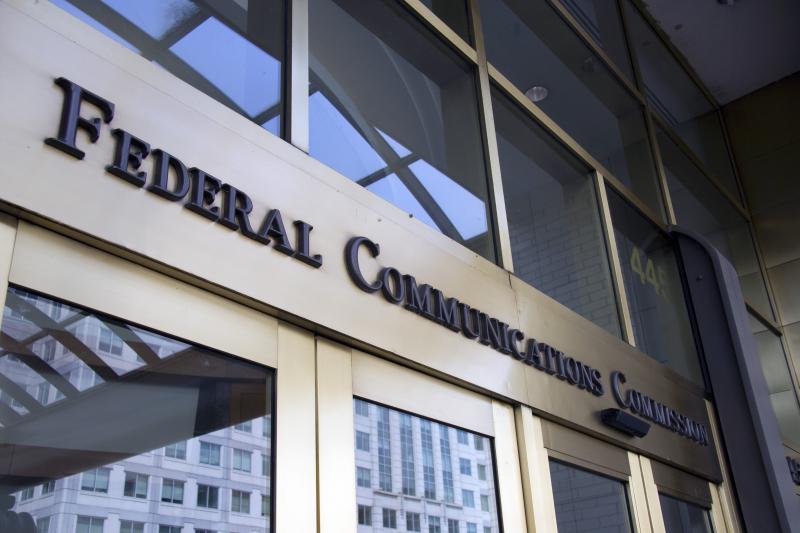
ATR President Grover Norquist welcomes Sen. Flake’s (R-AZ) proposal for using the CRA to rescind the FCC’s false broadband privacy rules. In a recent letter to Congress, Norquist outlines the costs of additional FCC rules and regulations for American taxpayers and consumers and explains why the FTC maintains the correct approach to privacy protection.
The letter in full is written below:
“Dear Senators:
I write urging you to use your Congressional Review Act authority to withdraw the Federal Communications Commission’s broadband privacy rules and support the Federal Trade Commission framework for privacy protection.
We should always be wary of regulation for regulation’s sake. Duplicative rules at different agencies often create confusion and added costs without a significant benefit.
The Federal Trade Commission has been policing privacy for the last decade, and there has been no indication that other agencies are needed. The FCC is not needed here.
At a time when our goal is to pare down the cost of government and let taxpayers keep more of their hard-earned paychecks, the FCC is no poster child for efficiency.
FCC Commissioner Mike O’Rielly has pointed out that the FCC, through information gathering requests alone, requires 73 million hours and $800 million just to fill out requests. The Competitive Enterprise Institute found that in FY 2015 the FCC spent around $464 million in regulatory development and enforcement, and it accounts for more than $100 billion annually in regulatory and economic impact.
Please find enclosed a coalition letter from 21 organizations detailing why the FTC rules are the correct approach, and our opposition to the FCC rules. This letter requested that Congress use its Congressional Review Act authority to rescind the broadband privacy rules. It also details why we do not believe the rules will do as they claim.
Americans value their privacy. That is why Americans for Tax Reform has been a vocal defender of privacy and the Fourth Amendment. However, the FCC rules use our highly valued privacy as a tool to empower agency regulatory expansion at the expense of consumers.
If you have any questions, please contact Katie McAuliffe by email, [email protected], or by phone, 202-785-0266.”

